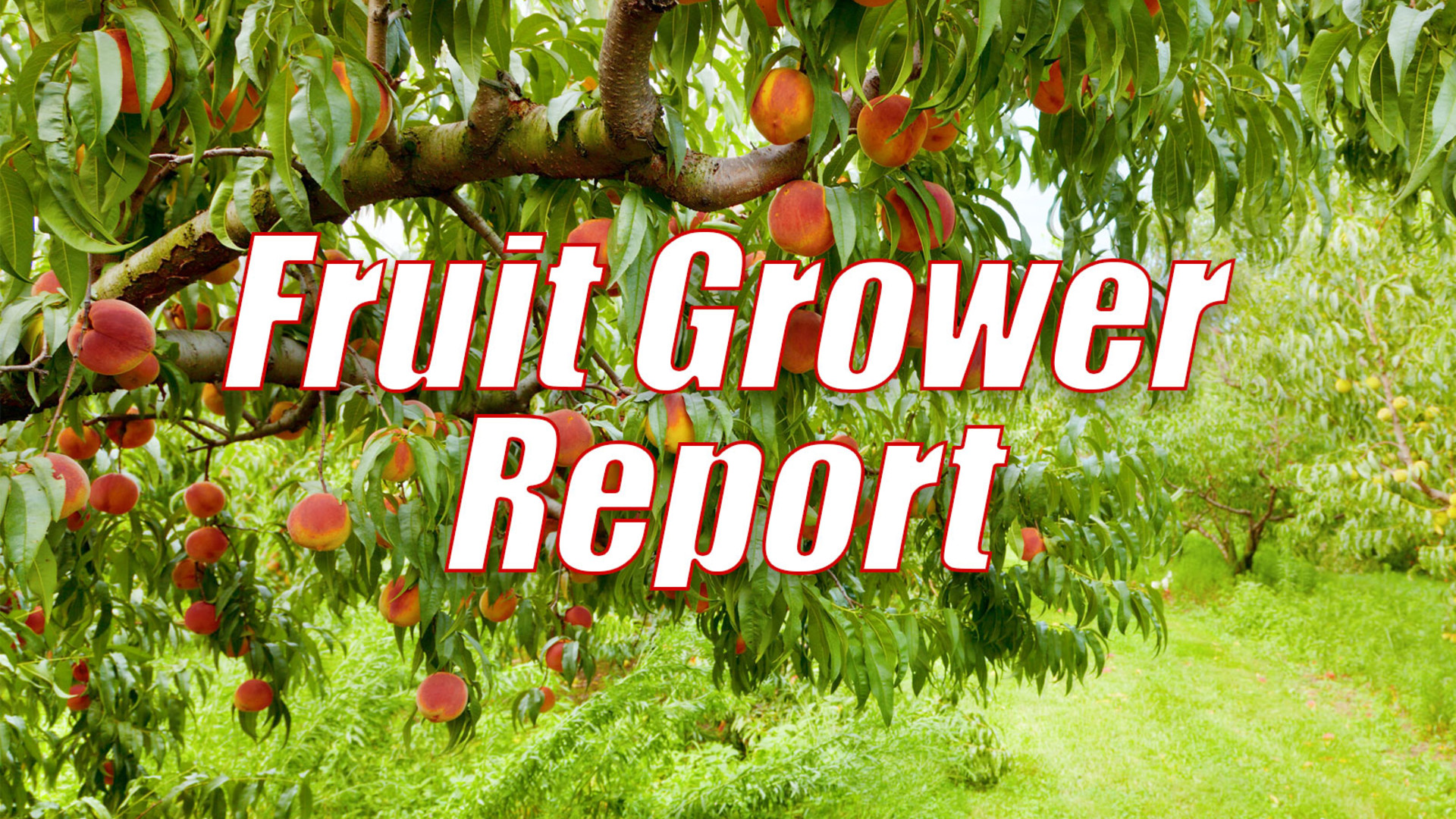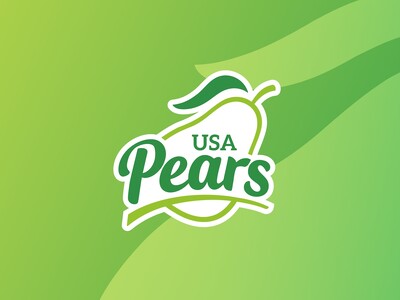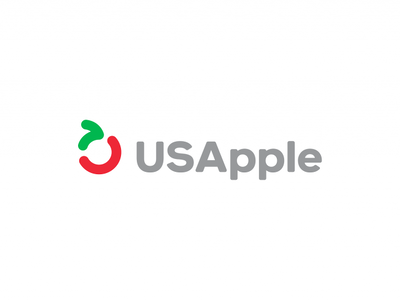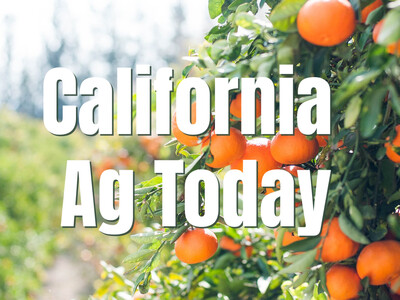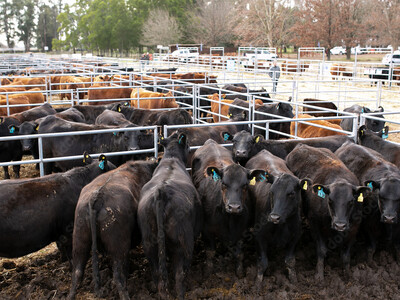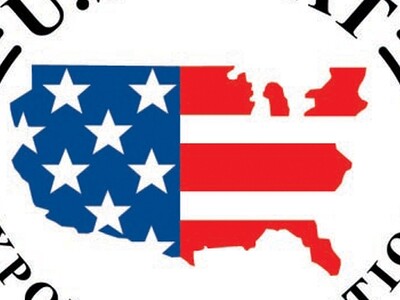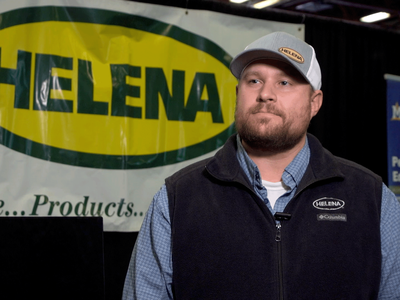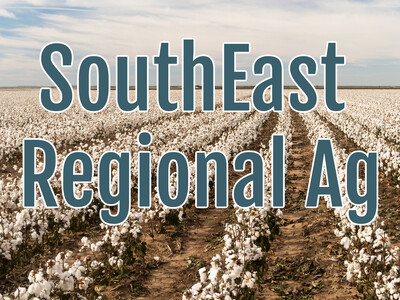Dealing with FSMA
Dealing with FSMA. I'm Greg Martin with today's Fruit Grower Report.The Food Safety Modernization Act was signed into law by President Obama on January 4, 2011. It aims to ensure the U.S. food supply is safe by shifting the focus of federal regulators from responding to contamination to preventing it. It also gives the Food and Drug Administration new authorities to regulate the way foods are grown, harvested and processed. FSMA is still be implemented so what does that mean for producers? BJ Thurlby, president of the Washington State Fruit Commission.
THURLBY: I think 2015 is going to be more about just making sure that we've got our "i's" dotted and "t's" crossed. The biggest thing that I'm hearing from growers and the industries scientific side is going to be issues with water. How is your irrigation water stand, where does it run, how are you using it. Those are going to be some things growers are going to need to hear for this year but it's going to continue to be a developing situation.
And he says that means that growers are going to have to make some changes at the production level.
THURLBY: Whether it's as simple as using potable water verses - in some applications like if you're using anything to keep your cherries cool once you have your bin in the orchard picked, it's got to be potable water at that point.
Thurlby took part in the 2015 Cherry Institute this last Friday and they did spend some time discussing this issue. While FSMA was signed back in 2011, it has taken time to implement all of the parts and pieces and of course with any government regulation, there are always parts that are subject to interpretation and clarification. Stay tuned as we will look deeper into this issue in the coming weeks and months.
That's today's Fruit Grower Report. I'm Greg Martin on the Ag Information Network of the West.


